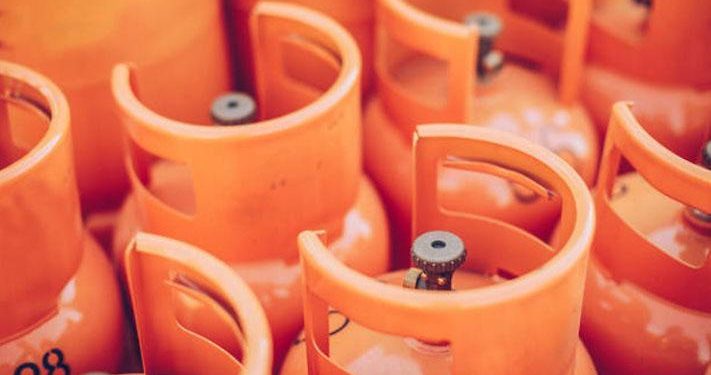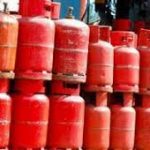The price of cooking gas has remained stubbornly high in Lagos, Ogun, and other parts of the South-West despite the suspension of a strike by the Petroleum and Natural Gas Senior Staff Association of Nigeria (PENGASSAN) last week, leaving many households frustrated and struggling to cope.
Residents reported paying between N1,300 and N1,600 per kilogram for liquefied petroleum gas (LPG) since the industrial action disrupted supply across the region. Before the strike, prices were below N1,000 per kilogram. Many filling stations have either run out of supply or are facing long queues, worsening the situation, while consumers continue to question why prices remain high even after the suspension of the strike.
The National Association of Liquefied Petroleum Gas Marketers (NALPGAM) has assured Nigerians that the scarcity and price surge will ease within days as supply gradually returns to normal. The shortage, the association explained, is mainly confined to the South-West due to recent disruptions, including maintenance work at the Dangote facility and the PENGASSAN strike, which delayed gas vessels from Nigeria LNG. Gas is available in the South-South and East, but the South-West experienced shortages due to recent disruptions. Now that terminals have resumed trucking, the backlog is expected to take two to three days to clear. Dangote has also resumed issuing pro forma invoices and trucking out products, a move expected to stabilise supply soon.
Industry experts, however, warn that the three-week pause in Dangote’s LPG sales created a supply vacuum that triggered panic buying and steep price increases. Many importers reportedly stayed away because they could not compete with Dangote’s lower prices, creating a shortage that retailers took advantage of. As of Wednesday, Dangote priced LPG at N810 per kilogram, compared to N910–N920 per kilogram at other depots such as Ardova and Nipco. Retail prices, however, remain far higher — reaching as much as N1,400 per kilogram in Abuja, where some retailers switched suppliers due to delays at their regular depots.
Marketers insist that with Dangote back in the market and trucking operations resumed, supply should normalise nationwide within one to two weeks. Until then, consumers are urged to remain patient as the market stabilises.
The persistent surge in cooking gas prices is not only squeezing household budgets but also putting immense pressure on small businesses across the South-West. Many food vendors and caterers say the high cost of LPG has forced them to either increase their prices or cut down on production, both of which risk losing customers. Others are resorting to alternatives like charcoal and firewood, which are less efficient and pose environmental and health risks.
The rising cost is also affecting larger sectors such as hospitality, where gas is a critical part of daily operations. Restaurants, hotels, and bakeries now spend significantly more on energy, a burden that could translate into higher costs for consumers. For many small-scale entrepreneurs already grappling with inflation and weak consumer spending, the situation threatens their survival.
Some analysts argue that the over-reliance on a few suppliers, including Dangote and Nigeria LNG, exposes the domestic LPG market to supply shocks. They call for policies that encourage more importers and investors into the sector, ensuring competition and supply stability. Diversifying supply sources, they say, would help cushion the market against disruptions like maintenance shutdowns or labour actions that quickly ripple across the economy.
There are also calls for better coordination between regulatory agencies, marketers, and producers to improve distribution efficiency. Poor infrastructure and transportation bottlenecks often delay delivery from coastal terminals to inland markets, worsening shortages and driving up costs. Stakeholders believe targeted investments in storage, trucking facilities, and pipelines would reduce these inefficiencies and help stabilise prices in the long term.
Until these structural issues are addressed, consumers and small businesses may continue to face price volatility whenever supply is disrupted. While the return of major suppliers and the suspension of the PENGASSAN strike are expected to bring some relief soon, the current situation highlights the need for deeper reforms to build a more resilient and competitive LPG market that can support households and businesses without frequent shocks.










